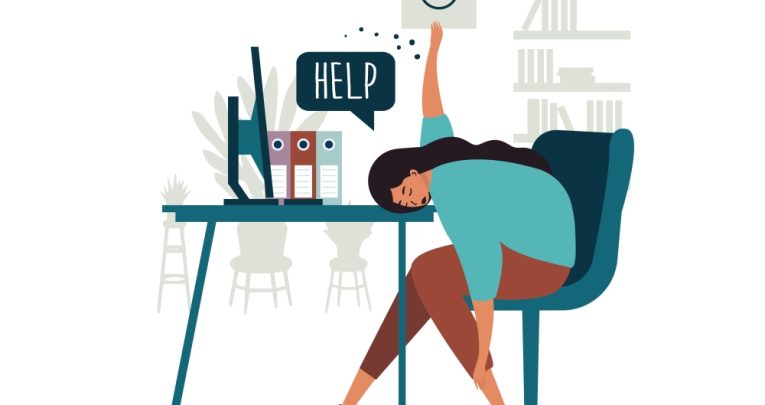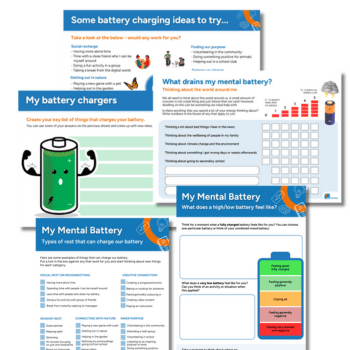Teacher burnout – The signs, indicators and symptoms to watch out for

Preventing burnout requires self-awareness, knowing your limits and being attentive to those who care about you the most, advises Dr Emma Kell…

- by Dr Emma Kell

There is arguably no greater sense of wellbeing for teachers than that of travelling home at the end of a Friday with aching bones and a buzzing brain, knowing that our work has changed lives for the better. So we keep giving – and there’s always more to give.
We could work for 24 hours a day and the to-do list would still never be done. As a result, we’ll often throw ever more time, energy and passion into our work. But if we’re not careful, we can fi nd ourselves giving too much.
The more exhausted we get, the more stubborn we become. And that’s the point where burnout starts to descend.
Implosions and explosions
Burnout takes its toll and leaves scars. It frightens those who love us the most when we admit to – as one headteacher once did – ‘Regularly considering ways of crashing the car on the way to work, just to make it all stop.’
I’ve seen too many brilliant, principled and talented people hit rock bottom in the last 23 years. If, as Mary Myatt observes, teachers aren’t able to be ‘humans fi rst’, they risk either imploding, exploding or walking away.
Implosion is where chronic stress turns inwards, resulting in profound feelings of inadequacy, frustration, rage and self-doubt. Explosion occurs when the pot boils over, causing a teacher to lose control. At the receiving end might be a student, a colleague or a loved one. Walking away is, of course, what thousands of our teachers are presently doing each year, perpetuating a retention crisis that’s been causing issues for as long as I can remember.
Self-care is therefore essential. We all know – and the evidence backs it up – that when we’re happy, we’re at our most effective.
Listen and learn
So, how do we do that? Here’s some advice based on my research and experience of working with hundreds of teachers every week as a wellbeing facilitator and coach…
Recognise stress signs
During a particularly stressful period in which I’d said yes to far too much, a coach once said to me, ‘Your body is screaming at you – why aren’t you listening?’ Learn to pick up on signs that you’re moving from manageable into dangerous levels of stress. They’re different for all of us. You might lost your sense of humour, become tearful, catastrophise, get headaches – once you know them, listen.
Name your rocks
Let’s imagine you as a boat, with the sea level standing in for your wellbeing and resilience. Your aim is to keep the water level safely above the rocks ahead, so identify what buoys you.
Time spent with old friends? A great detective novel? Anticipate those rocks and name them. Your tendency to perfectionism? Your desire to be liked? Fear of the next inspection? Naming them reduces their power.
Trust your loved ones
Chances are, those who care about you will spot the signs before you do. It might feel deeply vexing for those late-night email checks to be interrupted, but our loved ones can be wise. So listen to them.
Model vulnerability
Teachers can forget that we’re all human, make mistakes and get upset at times – and that that’s okay. Stop striving for an impossible ideal, because therein lies the road to burnout. Let’s instead model honesty about our struggles, and show how mistakes aren’t disasters, and that challenges are great for learning something new.
Whilst few would deny that ‘the system’ could do with some serious changes for the better, our focus should be on what we can control, and being mindful of where we’re placing our limited attention and emotional energy.
It’s hard, but it can be done. Indeed it must, because our profession needs you – not as a superhero, but as a precious and valuable human being.
Dr Emma Kell is a teacher, coach, wellbeing trainer, governor and writer; for more information, visit thosethatcan.net or follow @thosethatcan










